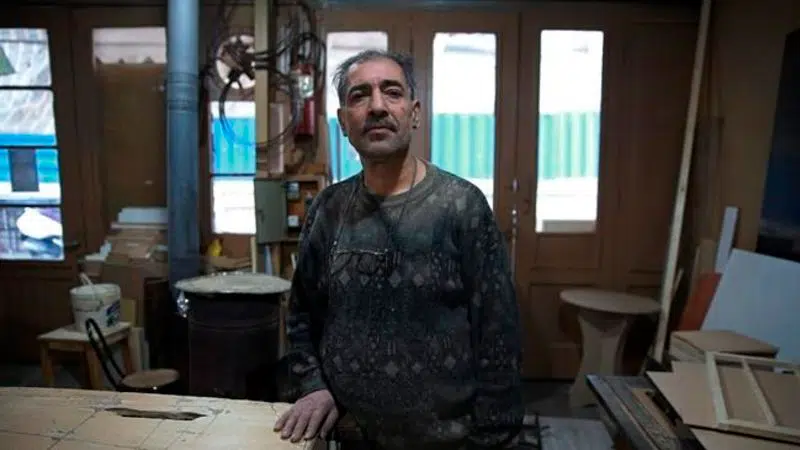
Iran’s revolutionaries have mixed feelings, 40 years later
TEHRAN, Iran — Forty years after he defected from the shah’s Imperial Guard to join the Islamic Revolution, Mohammad Reza Tajik, like many Iranians from that time, looks back wistfully at the youthful excitement they felt and the losses they suffered since then.
Working in his woodshop in Tehran, he recounted the deaths of his brother in Iran’s 1980s war with Iraq and of a friend last year in Syria’s long civil war in which Iran is involved.
“No, we did not achieve what we wanted,” the 60-year-old former soldier said, his shop warmed in the fierce Tehran winter by a simple wood-fired stove. “Things have changed and revolutionary values have worn out. Today, unfortunately, we still suffer from discrimination, favouritism, corruption and lying, even more than that time.”


